Probe into Trump’s tax, insurance fraud bolstered by key financial documents
The ongoing investigation into former US President Donald Trump and his company over possibly largescale bank and insurance fraud has been bolstered by new documents received by prosecutors.
The former daughter-in-law of a key Trump aide and a top executive at the Trump Organization on Thursday handed over key financial documents to prosecutors involved in the high-profile probe.
US media reports said the Manhattan District Attorney Cycrus R. Vince’s investigators, who have been leading the investigation, collected boxes of documents and a laptop from the house of Jennifer Weisselberg, who was previously married to longtime Trump aide Allen H. Weisselberg.
The documents procured from the woman are likely to provide key leads into massive financial irregularities by the Trump Organisation during the former US President’s time in office.
It has also indicated that the Manhattan prosecutors are upping the ante, putting pressure on the chief financial officer (CEO) of the former US President’s flagship business to gain his cooperation.
“I can confirm that Jennifer Weisselberg has been in close contact with the district attorney’s office, has been turning over documents to them and continues to do so,” Duncan Levin, a lawyer for Jennifer Weisselberg, was quoted in a report by New York Times.
Allen Weisselberg, who has not been charged with fraud himself, has administered the former US President’s finances for decades, which makes his cooperation important in possible criminal case against Trump and his family in future.
The investigation, which began in 2018, at first examined the Trump Organization's role in hush-money payments made during the 2016 presidential campaign to two women with whom Trump was involved.
Later the probe widened its scope to focus on some of Trump’s most valuable and familiar properties including Trump Tower on Fifth Avenue in Manhattan, the Trump hotels in New York and Chicago and the Seven Springs estate in Westchester County, according to reports.
The Manhattan district attorney’s office in August last year revealed that it was investigating Trump and his company for possible bank and insurance fraud, acknowledging it publicly for the first time.
The case gained fresh momentum in February this year, days after his tenure ended, when the Supreme Court ordered him to hand over his tax returns and other financial records to prosecutors in New York.
The records, which the former White House occupant had prevented prosecutors from seeing for months, were considered to be central to the criminal investigation against him.
Apart from probable tax and bank-related fraud, the investigators are also looking at the Trump Organization’s statements to insurance companies about the value of various assets.
In recent weeks, investigators have turned their focus toward Weisselbergs to press formal charges against the former US President and his company.
In a recent interview, Jennifer Weisselberg said investigators from Manhattan had visited her apartment, at her invitation, to see documents related to her in laws.
On Thursday, the investigators collected more documents with possibly incriminating details about Trump’s dodgy financial dealings.
Pertinently, according to Forbes data, between 2017 and 2019, the former US president’s businesses raked in an estimated $1.9 billion of revenue.
A report released last month revealed that the former US President had moved tens of thousands of dollars donor funds into his private business, following his loss in 2020 presidential election to Joe Biden.
Nearly $2.8 million from donors were funneled by his reelection campaign into the Trump Organization throughout the duration of his presidency, including at least $81,000 since his election loss, according to Forbes.
One of Trump’s campaign’s joint-fundraising groups, associated with the Republican Party, also shifted another $4.3 million raised from campaign donors into his business while he was in office, including $331,000 after Election Day.
The payments were made public in the filings the campaign submitted to the Federal Election Commission and were listed to cover costs including rent, airfare, lodging, and other expenses.
VIDEO | Struggles of Palestinian women amidst war, displacement
VIDEO | Hezbollah rains attack drones down on elite Israeli brigade
VIDEO | US biased mediation fails
Leader: All captains of criminal, Zionist, terrorist gang must be prosecuted
Iran further raises its oil prices for Chinese buyers: Report
Iran to launch major pressure-boosting projects in South Pars
VIDEO | Escalation amid ceasefire talks
EU's Borrell says ICC arrest warrants for Israeli leaders binding


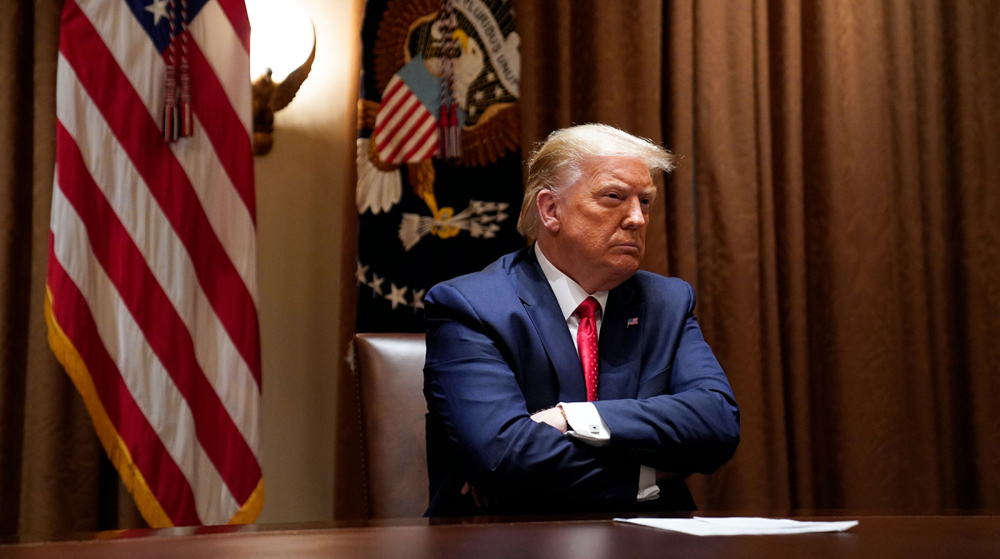

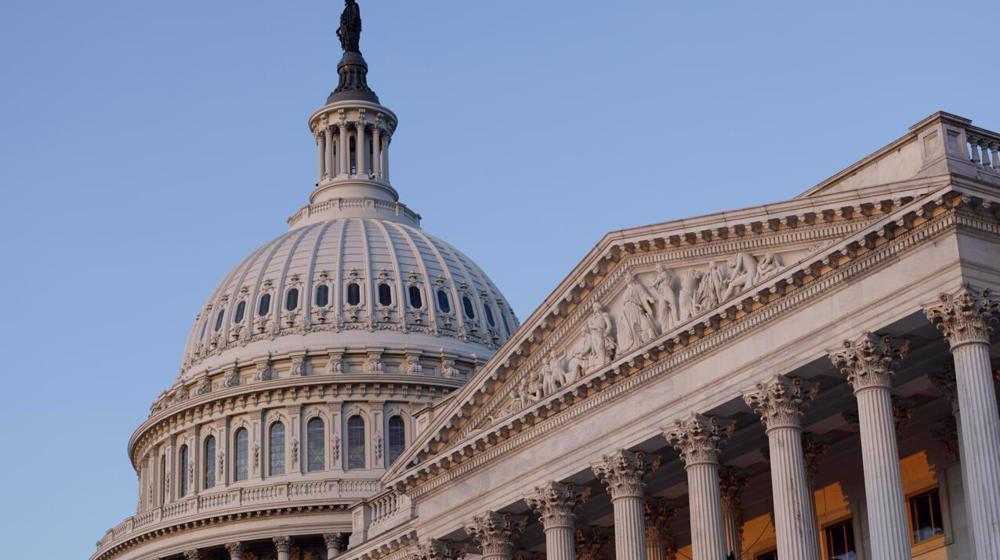
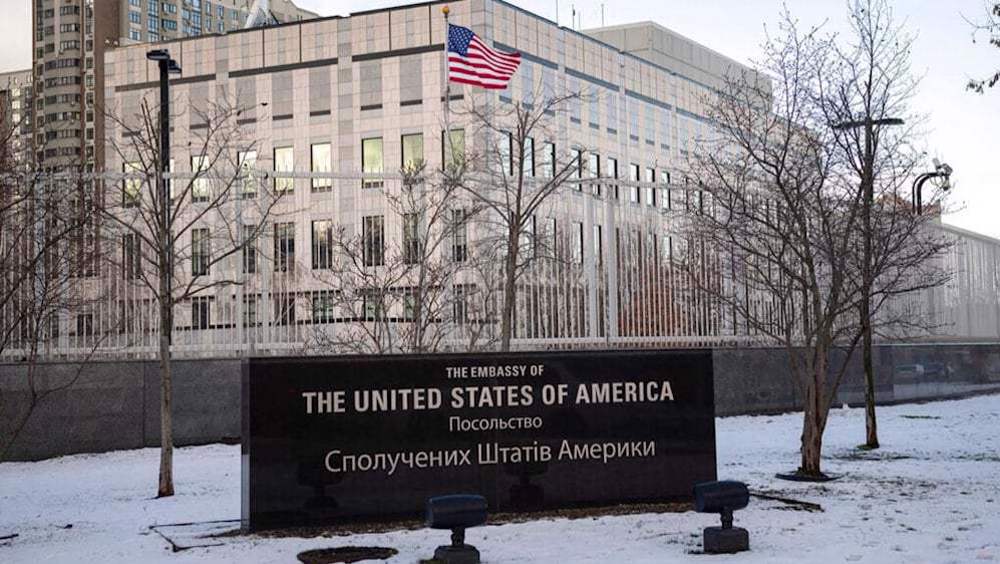



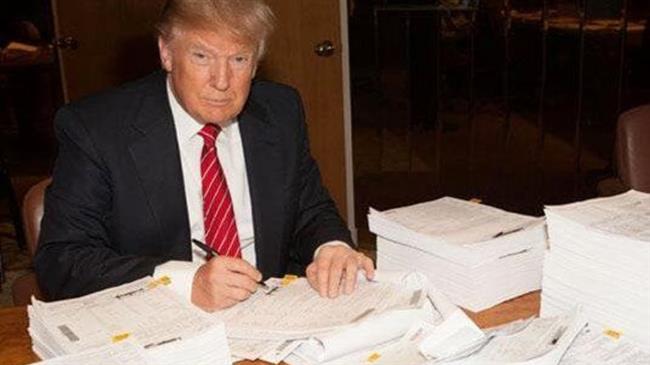
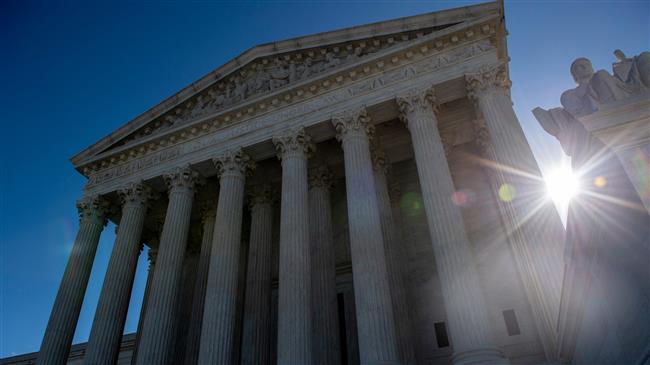
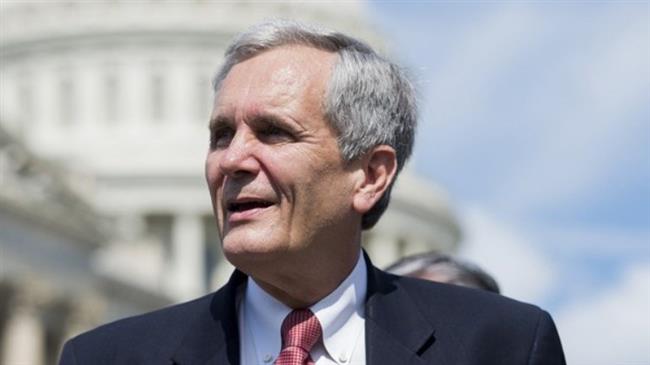
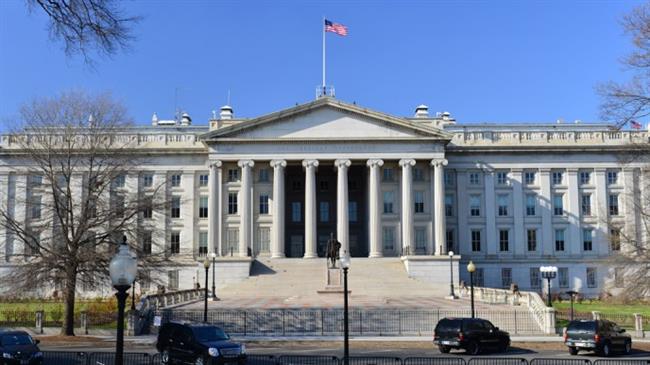


 This makes it easy to access the Press TV website
This makes it easy to access the Press TV website